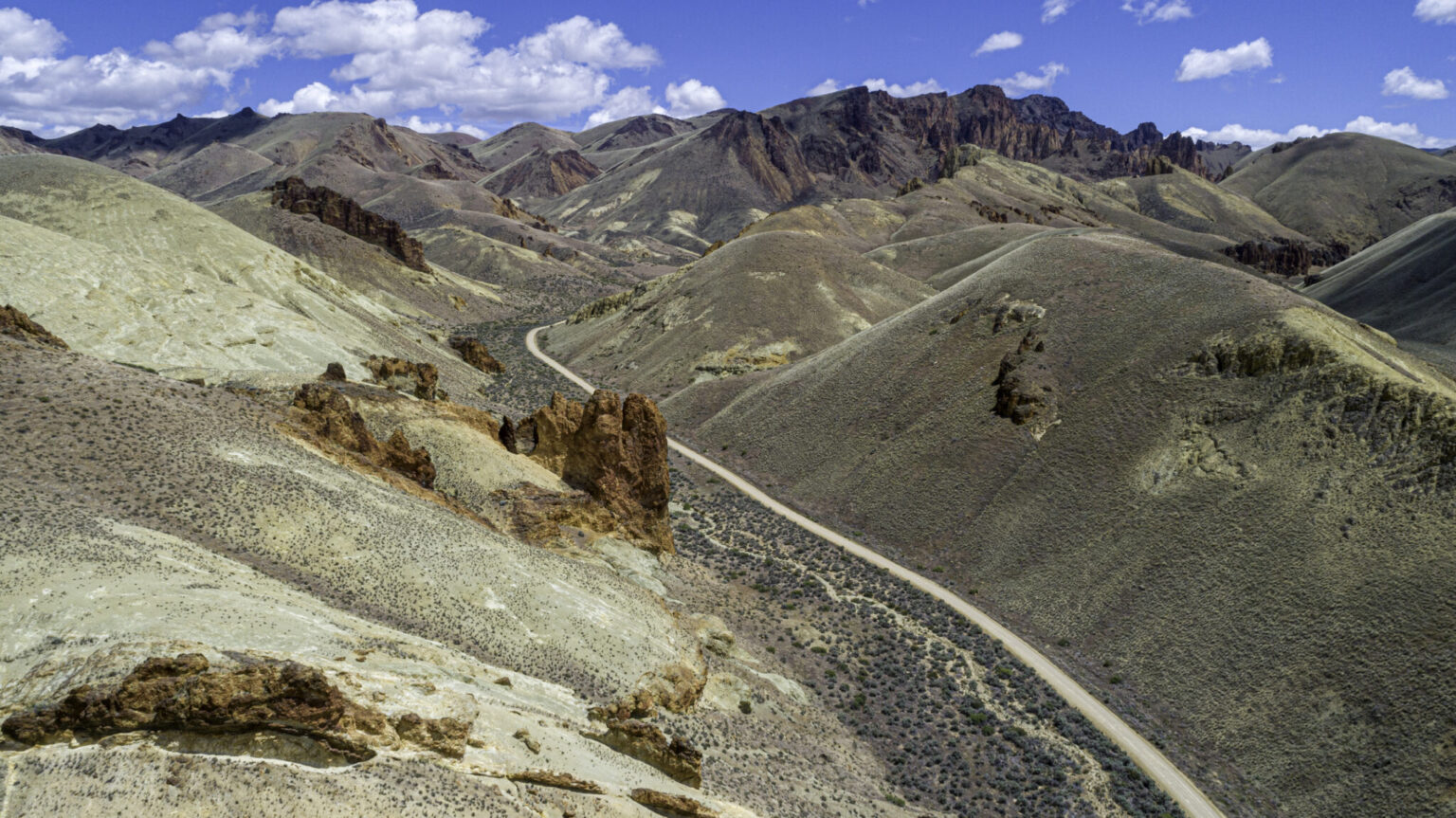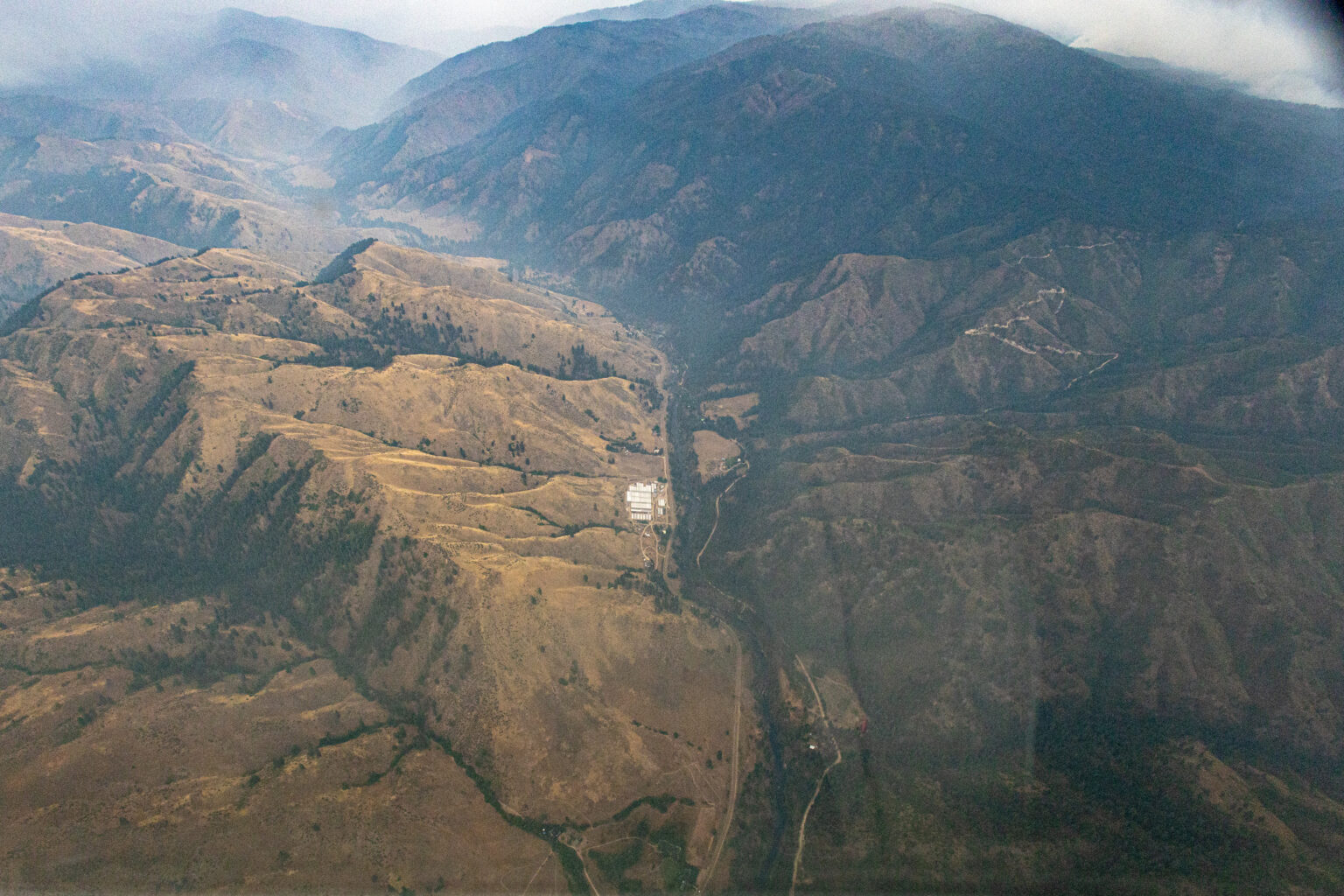At the end of the year, a plan to save the Owyhee Canyonlands in southeast Oregon failed to pass the U.S. Congress, although representatives from Oregon’s delegation stated they would try again in 2025.
More than 1.1 million acres of federal public land in the canyonlands and a 15-mile section of the Owyhee River would have been protected under the Wild and Scenic Rivers System and the National Wilderness Preservation System under the planned Malheur Community Empowerment for the Owyhee Act. Additionally, the plan would have placed 30,000 acres of private and government land under the Burns Paiute Tribe’s supervision in a trust.
The Northern Paiute, Bannock, and Shoshone tribes place a high priority on the canyonlands in terms of their health, economy, and culture. They provide Malheur County with tourism revenue and are home to deer, elk, bighorn sheep, and threatened sage grouse. Invasive grasses and juniper provide increasing wildfire dangers to the animals and their habitats, while cattle grazing and poorly maintained riparian areas pose a threat to Owyhee River trout.
To permanently conserve the Owyhee River, we ought to think about implementing Wilderness Act safeguards.
In 2023, U.S. Senator Ron Wyden of Oregon introduced the most recent version of the measure. Wyden’s and Oregon’s other Democratic U.S. Senator Jeff Merkley’s proposal to pass a bill safeguarding the region known as the Grand Canyon from overdevelopment and overgrazing while preserving access for local ranchers and animals was the third of its kind. It died in the U.S. House before lawmakers adjourned for the year, despite passing the U.S. Senate nearly overwhelmingly on December 20. According to a statement from Bentz and Wyden, Republican Representative Cliff Bentz of Oregon, who represents the state in Congress and first introduced a measure of his own in November, will work with Wyden on a plan in the next year.
Though Biden has not yet done so, Oregon Governor Tina Kotek has urged him to use his executive authority to save the Owyhee under the Antiquities Act and declare the region a national monument. On January 20, he will depart his position.
The Antiquities Act permits the president to declare regions national monuments if they are significant in terms of culture, nature, or history, even when Congress has the authority to protect them under the Wild and Scenic Rivers Act and the National Wilderness Preservation System.
Instead of a national monument designation, which may be contested in court, Wyden and several Owyhee advocates preferred congressional protection. This is especially true if President-elect Donald Trump decides to reverse monument designations, as he did during his first term.
According to a statement from Wyden, “without black-letter legislation passed by Congress, you cannot get an acre of wilderness, an ounce of tribal protection, or any meaningful grazing reforms for ranchers in the Owyhee.”
The executive director of the Oregon Natural Desert Association, Ryan Houston, expressed his and other canyonland conservationists’ extreme disappointment that Wyden’s bill was not put to a vote in the U.S. House.
He said, “We will keep working as long as it takes to secure the protections that the Owyhee Canyonlands deserve, even though it is frustrating that our elected leaders in Washington, D.C., have chosen not to act on the opportunity in front of them.”
In an email, Wyden stated that Bentz will assist him in the House and that the Senate’s approval of the bill would make it simpler to approve it again.
In a joint statement, Wyden and Bentz stated that passing legislation would be a top priority for both of them in 2025.
“We want Oregonians to hear us clearly: We will keep pushing for legislation in 2025 that achieves those goals until they become law,” the statement read.
Like the Idaho Capital Sun, the Oregon Capital Chronicle is a 501c(3) public charity and a member of States Newsroom, a nonprofit news network backed by grants and a coalition of supporters. The editorial freedom of the Oregon Capital Chronicle is maintained. For inquiries, send an email to [email protected] to reach Editor Lynne Terry.
GET THE HEADLINES FOR THE MORNING.
Note: Every piece of content is rigorously reviewed by our team of experienced writers and editors to ensure its accuracy. Our writers use credible sources and adhere to strict fact-checking protocols to verify all claims and data before publication. If an error is identified, we promptly correct it and strive for transparency in all updates, feel free to reach out to us via email. We appreciate your trust and support!


